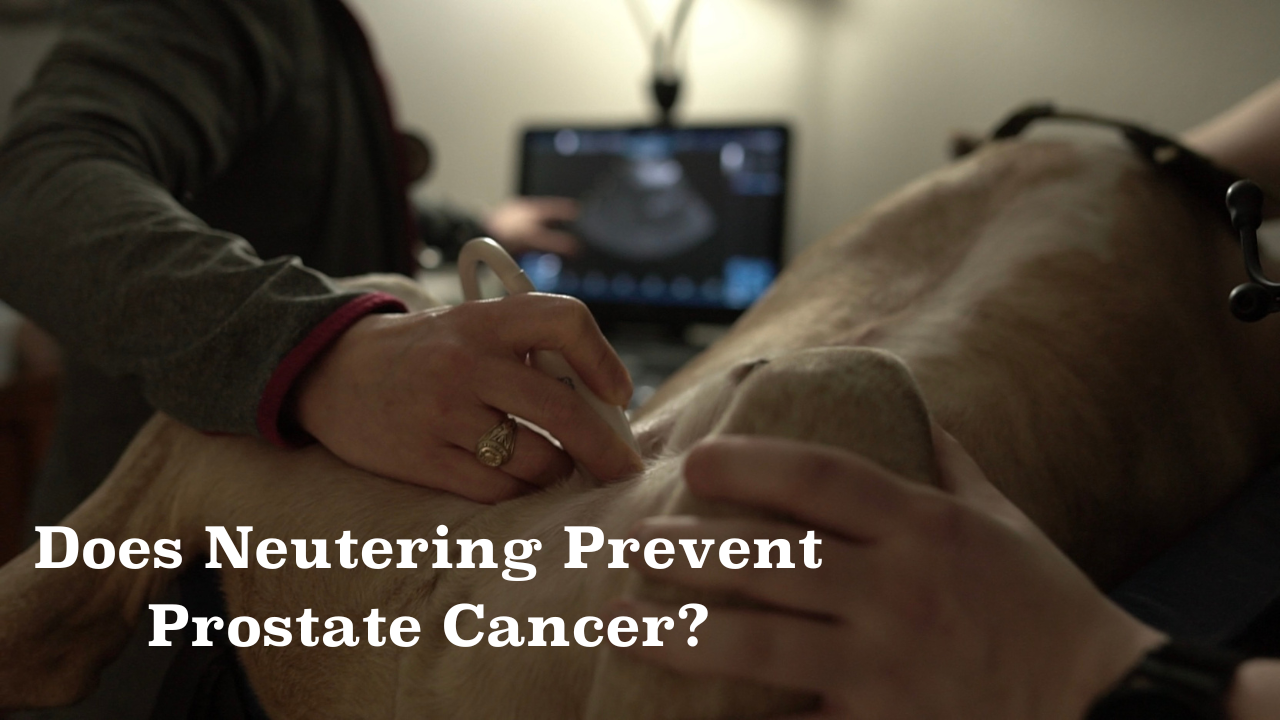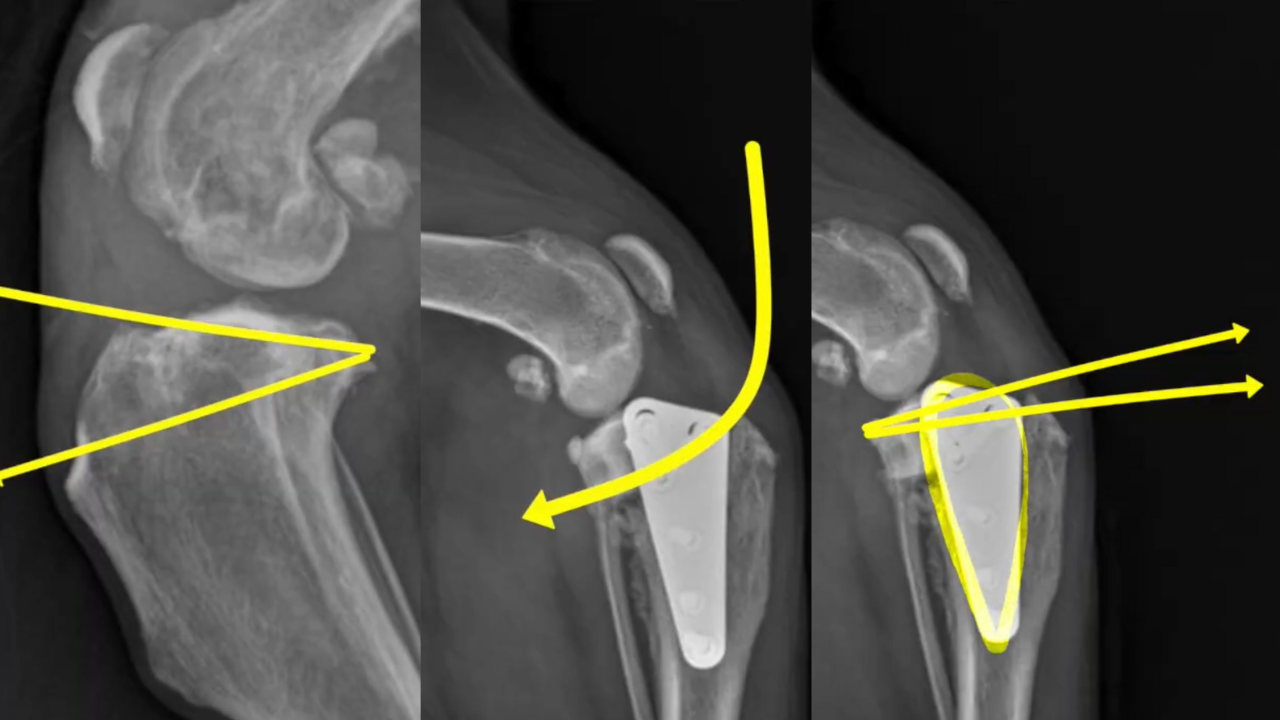Over the next couple of weeks, we will be diving into the spay and neuter debate, and I thought I’d start with an area that confuses even many veterinarians: the effect of neutering on the prostate. Recently at the clinic, we saw two older male dogs, one neutered as a puppy and one that was still intact, both presenting with possible prostate issues. It’s common to hear veterinary professionals and owners alike claim that neutering prevents prostate problems; unfortunately, this isn’t entirely accurate.
Neutering a male dog will eliminate the possibility of testicular cancer, but the impact on prostate issues is more nuanced. Let’s consider the problems seen in intact dogs first. One common condition is benign prostatic hyperplasia (BPH), where the prostate enlarges due to testosterone stimulation. Symptoms of BPH can include straining to urinate, bloody discharge, and constipation.
Dogs that were neutered at a young age do not typically develop BPH, and neutering can help resolve symptoms in dogs already suffering from BPH. For dogs used for breeding, or those that cannot be neutered for other reasons, there is a medication option. Finasteride, which blocks the effects of testosterone on the prostate, can alleviate some symptoms associated with BPH. I have managed breeding dogs on finasteride for years without any complications.
Another issue in intact dogs is prostatitis, an infection of the prostate gland, presenting with symptoms similar to those of BPH. However, during exams, dogs with BPH typically do not experience pain, whereas those with prostatitis may show discomfort. Over the years, I’ve also seen a handful of intact male dogs present with sudden behavioral changes, such as uncharacteristic mild aggression, which were eventually attributed to prostatitis. This isn’t to say that every aggressive male dog has prostatitis, but it’s a point to consider if your dog suddenly changes behavior.
Regarding cancer, numerous studies have suggested that neutered dogs may have a higher likelihood of developing prostate cancer than intact dogs, although the overall incidence of the disease is relatively low. However, a 2020 study (https://www.ncbi.nlm.nih.gov/pmc/articles/PMC7022700/) reviewed all available literature and concluded that there is insufficient evidence to determine whether castration truly affects incidence rates. This may sound contradictory, but it highlights the complexity of scientific literature. Earlier studies often did not specify the age at which dogs were neutered, which could skew interpretations if we consider the potential impact of removing sex hormones at various ages. I am not advocating against neutering because of an increased cancer risk, but it’s important to consider all factors.
The discussion of spaying and neutering is often contentious because everyone seeks a definitive answer, yet such an answer doesn’t exist. I introduced this series with this example to illustrate the various aspects of the debate. In the coming weeks, we will explore the pros and cons, and risk factors associated with spaying, neutering, and leaving dogs intact.
For the record, all of my dogs have eventually been spayed or neutered, though not until well into adulthood. As we progress through this discussion, I will share my decision-making process over the years.



